Successfully raising capital from Y Combinator (YC) is considered very difficult, "one of the toughest selections in the startup world" because the acceptance rate this year is only about 0.6%. Before receiving the nod, Nguyen Hoang Nam (born in 2002) was also rejected by YC twice.
“When I received the acceptance letter, I was overwhelmed. The third time I submitted to YC, the company already had its own customer base and I was able to tell a more complete story about the product,” said Hoang Nam.
“Gap year” to pursue a startup
Since studying at Doan Thi Diem Secondary School ( Hanoi ), Hoang Nam has liked to do things in a creative and different way. After finishing 9th grade, Nam decided to study at a boarding school in the US.
Here, the male student was exposed to a learning culture that encouraged students to ask questions and find answers for themselves - a foundational spirit for his future entrepreneurial path. In addition, Nam also joined the school's investment club, learned how to analyze financial statements and managed a $100,000 student investment fund. Thanks to this foundation, Nam later studied Economics at the University of California, Los Angeles.
During his first two years of university, the Vietnamese male student had the opportunity to intern at several multinational corporations. However, working there made Nam realize that he was gradually losing his creativity.
“It feels like I'm just a cog in a big machine, unable to do anything different. Meanwhile, I want to create a product that is my own 'child',” Nam said.
That's why Nam later switched to Computer Science even though he was about to finish his Economics program at school.

During the summer of his third year of college, Nam had the opportunity to participate in a research program at Stanford University Law School. As a technology student, Nam was curious to see that law firms in the US hardly used AI in their work, even though this is a potential tool that can do well the skills lawyers need such as reading, analyzing and creating documents.
When he dug deeper, the male student realized that the law industry requires absolute precision, and just one incorrect piece of information written by AI or the disclosure of confidential client information could force the law firm to pay compensation or even collapse. “That could be the reason why law firms in the US are hesitant to use AI,” Nam said.
From there, Nam and a friend decided to build a software system that automatically monitors and checks how lawyers interact with AI tools, helping law firms use AI safely and minimize risks during use.
After 3 months, the first version was released. Although this was just a test version for research purposes, both of them saw the potential when applied in practice. Therefore, the two male students decided to take a year off from the University of California to devote themselves to the startup.
Three times "knocking on the door" of YC
However, this journey was not easy. “Like any other startup, I constantly had to answer the question, ‘Is the company building a product that users really need?’ Even every morning when I woke up, I knew I would be rejected or encounter some product error. However, I accepted it and considered it natural,” Nam said.
To complete the product, 10X also met and negotiated with more than 50 law firms across the US, but most of them 'shook their heads' because they did not believe in the product of the two male students.
“Every time I was rejected, I often researched the factors they cared about, what were the priorities of the law firm when looking at a new software to buy for the company. After many improvements, upgrades, and security enhancements, finally, a law firm agreed to become the first customer.”
Nam's company was officially established in early 2024. Not only taking care of the technical part, he also handled the legal procedures from registering tax codes to designing and operating product sales. To date, the company's products have been used by two law firms in the US with more than 1,500 lawyers and received positive feedback.
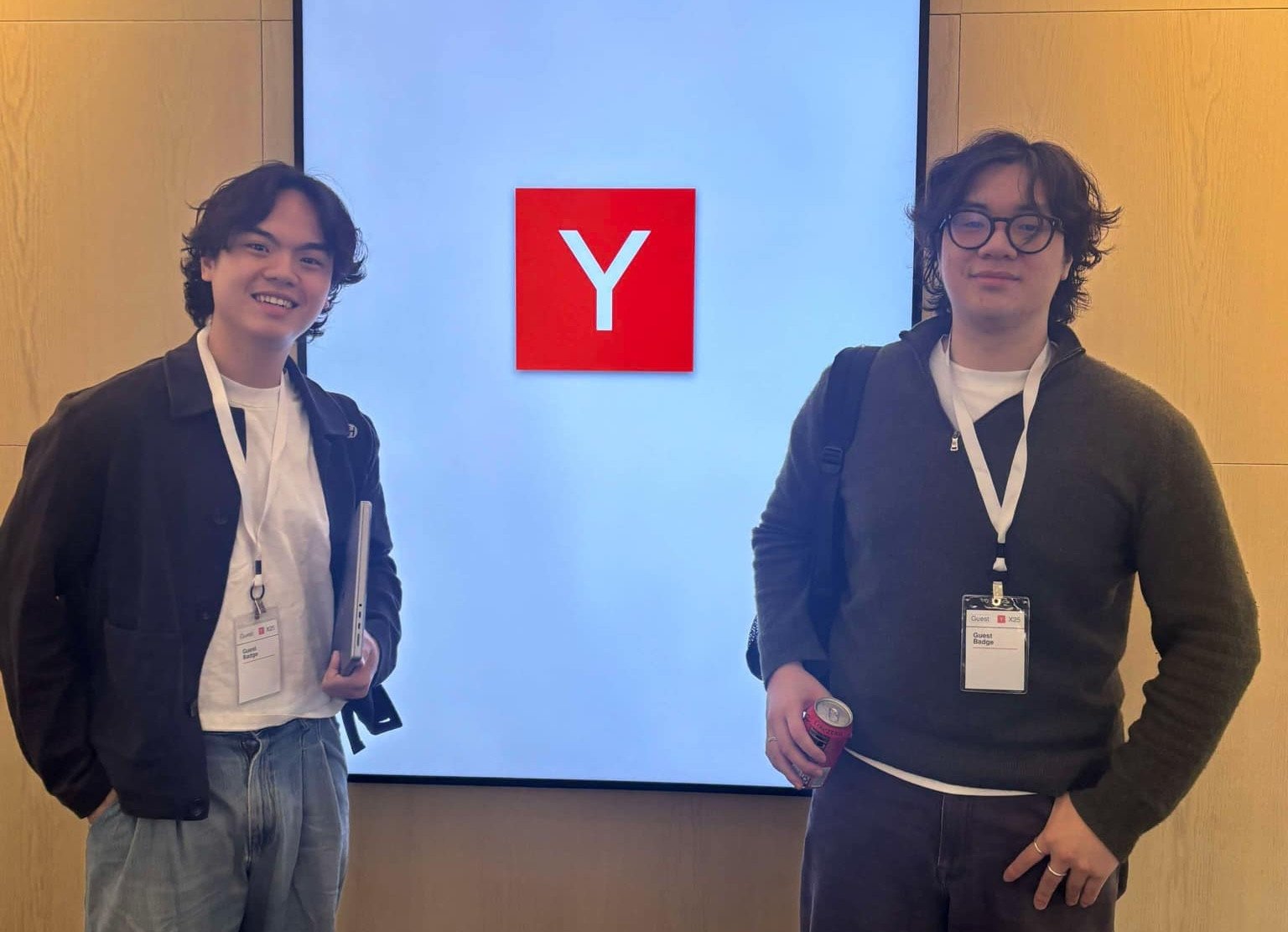
Beyond the legal industry, the product could also expand to other areas like finance and healthcare — where misuse of AI could have serious consequences.
Before receiving funding from YC, Nam was rejected twice. On the third time, after the application round, Nam's startup was selected for an interview. In less than 10 minutes, the Vietnamese guy clearly presented his vision, product, market and why YC should choose his company. Finally, Nam's startup was approved by YC for $500,000. In addition, Nam also participated in a 10-week intensive training program with leading experts and was supported by one of the largest startup ecosystems in the world.
With this investment, Nam plans to build a software engineering team, speed up product development and boost marketing to reach more law firms, helping customers understand the value of the product.
Nam shared that convincing his parents to let him take a year off from school to start a business was not easy, especially when they had worked so hard to send him to the US to study.
For a long time, the male student persistently proved to his parents that, even though he was not in the classroom, he was still learning from the process of building and developing products or through conversations with CEOs in the startup world.
“Starting a business is the fastest way to know if your product is really useful to users, and if the idea can generate profit. There is no clearer way than to do it yourself,” Nam shared.
Source: https://vietnamnet.vn/nam-sinh-viet-dieu-hanh-startup-cong-nghe-duoc-quy-lon-cua-my-rot-13-ty-dong-2426468.html




![[Photo] General Secretary To Lam chairs a working session with the Standing Committee of the Government Party Committee](https://vphoto.vietnam.vn/thumb/1200x675/vietnam/resource/IMAGE/2025/9/17/cf3d855fdc974fa9a45e80d380b0eb7c)


![[Photo] Ho Chi Minh City on the path of integration and development](https://vphoto.vietnam.vn/thumb/1200x675/vietnam/resource/IMAGE/2025/9/17/a5fee25822bb4bbda58efd168667909e)
![[Photo] Science and Technology Trade Union honors exemplary workers and excellent union officials](https://vphoto.vietnam.vn/thumb/1200x675/vietnam/resource/IMAGE/2025/9/17/842ff35bce69449290ec23b75727934e)
















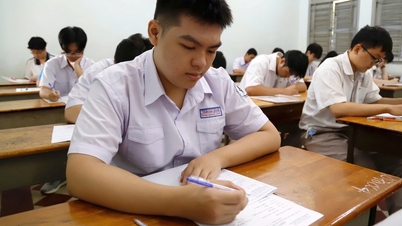







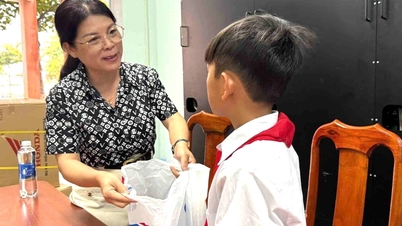







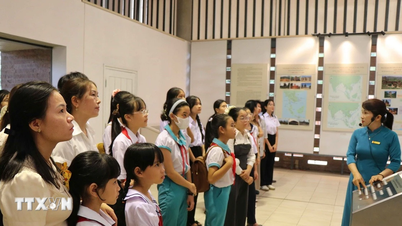






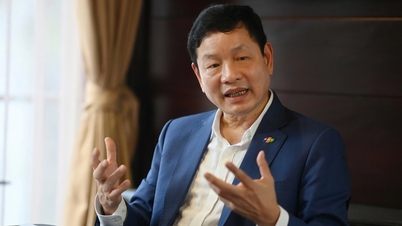






























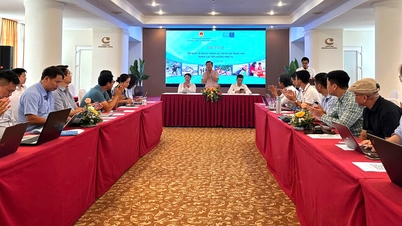

















Comment (0)